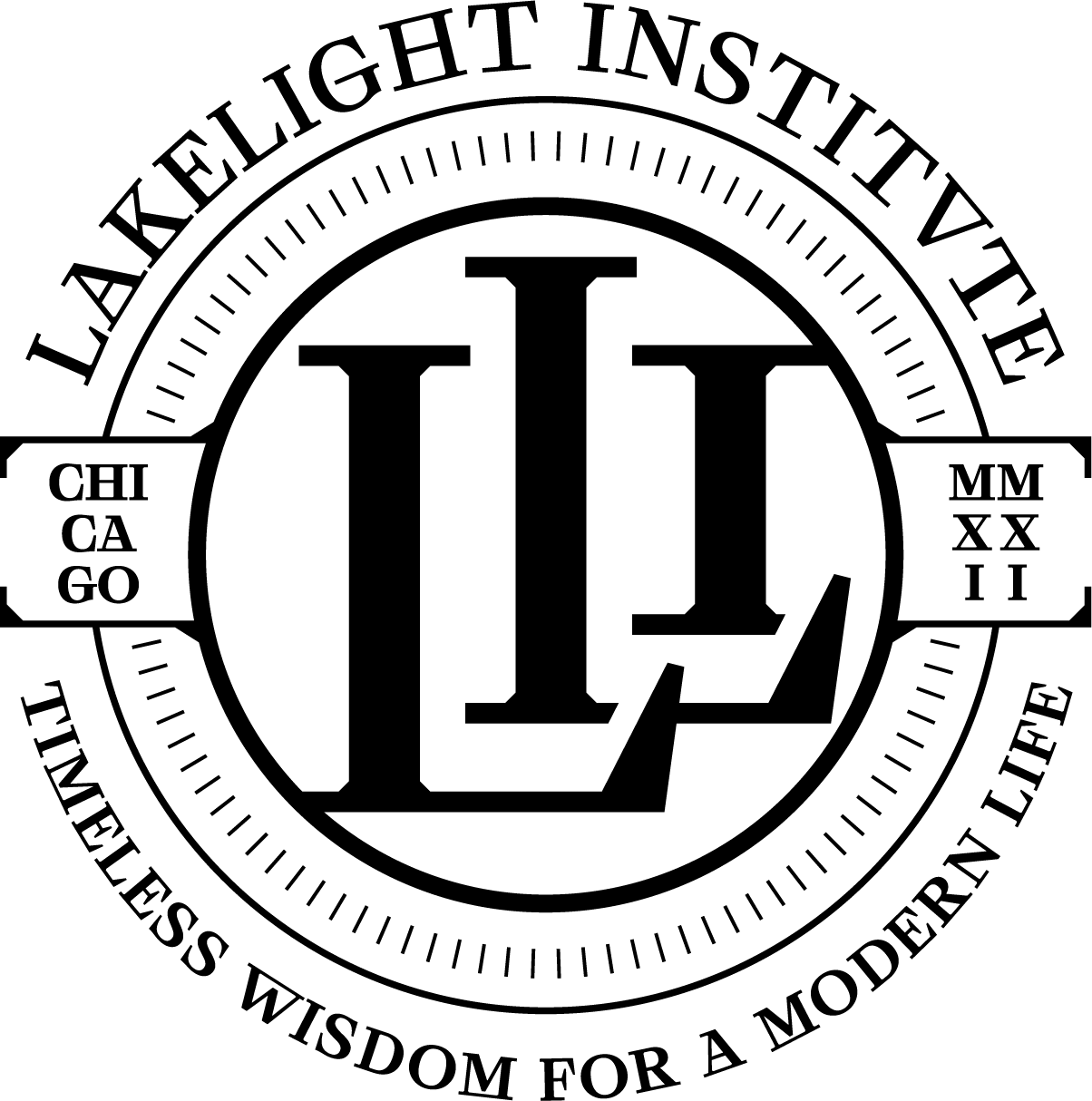How To Work Like An Ant
Ben Dockery | Est. 4-5 minutes
The Value of Work
If you were asked to teach about the value of work – what would you say? What advice would you pass along? What book would you assign?
Every generation grapples with the role of work in their lives, especially as the workforce continues to be disrupted. People tend to emphasize and avoid the mistakes of the past generation by establishing contrary behaviors. In the end, this invariably leads to a whole new set of difficulties.
Proverbs reminds us that the Lord gives wisdom: “from his lips come knowledge and understanding,” (Prov 2:6) and that includes guidance on how we work. Let’s look at a case study.
Proverbs 6 records a father’s instruction on the value of work: “Go to the ant, you slacker! Observe its ways and become wise.” This was written almost 3000 years ago, yet it’s still timeless wisdom. You could even argue this is a human-centered talent development that helps offset today’s retention issues. The “slacker” is not a degrading term he thrust upon his son in the proverbial lesson, but a figure that runs throughout the Proverbs. The slacker, or sluggard (my preferred translation), is contrasted to the diligent. Like many of the sets of two in Proverbs, the author wants you to see that you generally have two options: wisdom or foolishness, life or death, humility or pride, fear of God or fear of man. Solomon holds up two more options: the sluggard or the diligent.
The self-disciplined, industrious insect becomes the teacher. Insect wisdom, according to Solomon, is worth observing and even mimicking. So, what curriculum is this six-legged creature offering?
Self-Discipline, Foresight, and Follow Through
First, the ant labors “without leader, administrator, or ruler.” She shows initiative and self-discipline. (She? Since most ants we see are females, I’m playing the odds that Solomon pointed to a female worker – no gender bias intended). This trait pairs well with Gen Z’s value of flexibility and autonomy at work.
Initiative is high on every manager’s hiring wish list. She works without being supervised. In contrast, the slacker stays in bed (see 6:9). In fact, later in Proverb 26:14, the sluggard is depicted as ‘hinged to the bed’ - a modern rendering might refer to constant ‘scrolling on the phone.’ This paints a vivid image and highlights the value of workers who are self-starters. The apostle Paul adds further motivation when he writes, “Whatever you do, do it enthusiastically, as something done for the Lord and not for men.” One Christian component of work is that our efforts are first and foremost for God. We don’t simply rely on pressure from the boss to get to work; we work enthusiastically without leader or ruler, as if serving the Lord Himself.
Second, the ant “prepares its provisions in summer.” She now displays gifts of planning and foresight.
This is another high-performing employee trait. Old Testament scholar Derek Kidner suggests the ant knows the times – unlike the sluggard, who doesn’t know if it’s summer or harvest. Some of you are clutching your FranklinCovey planner (or app) and rejoicing in the recognition of a good plan. Others, like me, are slumping your shoulders and re-reading the Proverb for a nod to flexibility and spontaneity. I think the point goes beyond personality types to show that you must put the seeds in the ground before you can expect food to grow. Preparation matters. Foresight to see seasons or cycles of work are worth building your life around.
Finally, our insect friend “gathers its food during harvest.” She works with diligence and follow-through. Some of the hardest workers, who you might not suspect, fail at this very point due to overcommitment
This is likely the greatest lesson of the ant. It is easier to get started on a project than to finish one. A friend of mine describes this in football terms: “getting stuck in the red zone,” which is right before the endzone. You drive the ball 90 yards down the field, but don’t cross the goal line. The final 10-20% of a work project can take as much effort as the first 80-90%. Proverbs 19:24 provides a memorable description of the sluggard on this point: “The sluggard buries his hand in the dish and will not even bring it back to his mouth.” I hope you love that image as much as I do - he made the meal but doesn’t eat. In contrast, the ant demonstrates follow-through by gathering during harvest. She finishes the project she started. Don’t grow tired of doing good and stop on the 10-yard line. Finish.
These Judeo-Christian values: self-discipline, foresight, and follow-through, lead to human flourishing.
Ultimately, we are free to labor like the ant because we serve a Christ who accomplished the work the Father gave him to do. He said, ‘it is finished.’ His completed work earned us status as daughters and sons, so we don’t work to earn the wage of God’s approval. Rather, we work with a full inheritance that motivates us to diligence in difficult labor conditions.
May the generation behind you see you work this way. Modeling these behaviors, after all, is the best curriculum available.
© Ben Dockery | This article was first published in Lakelight Monthly, January 2023 Edition

